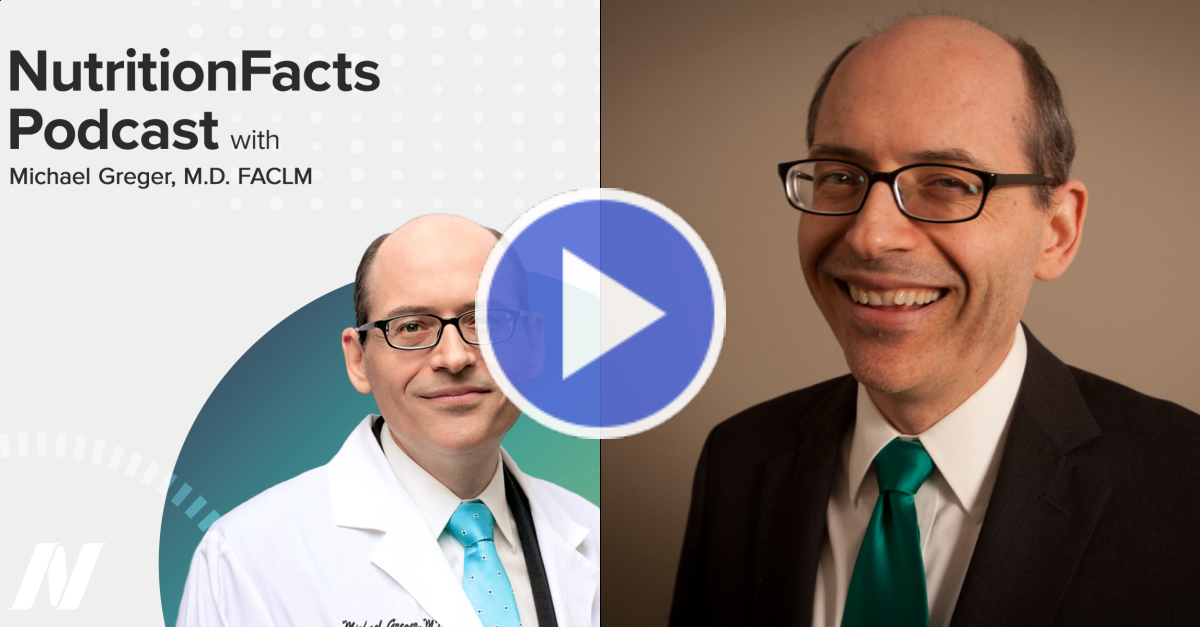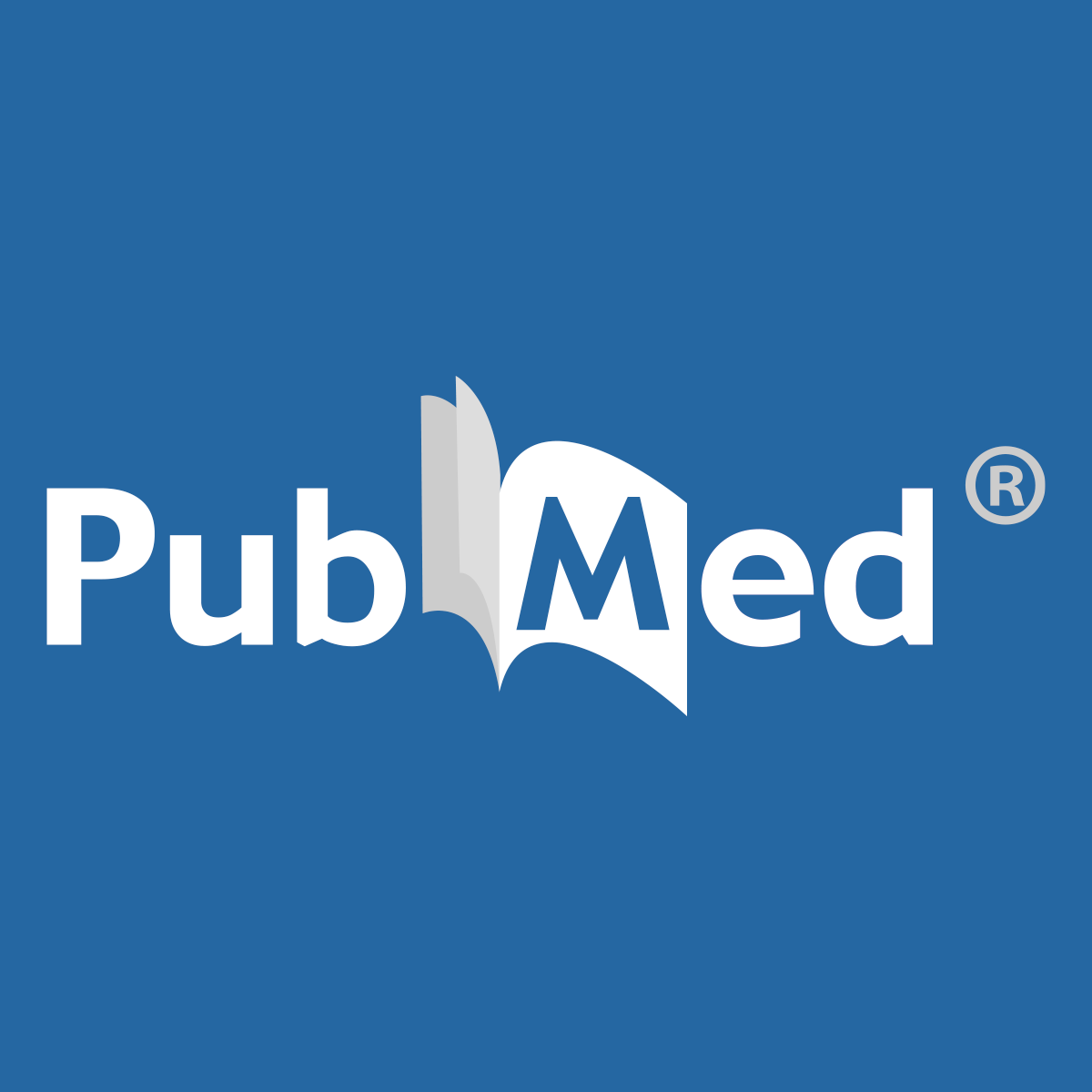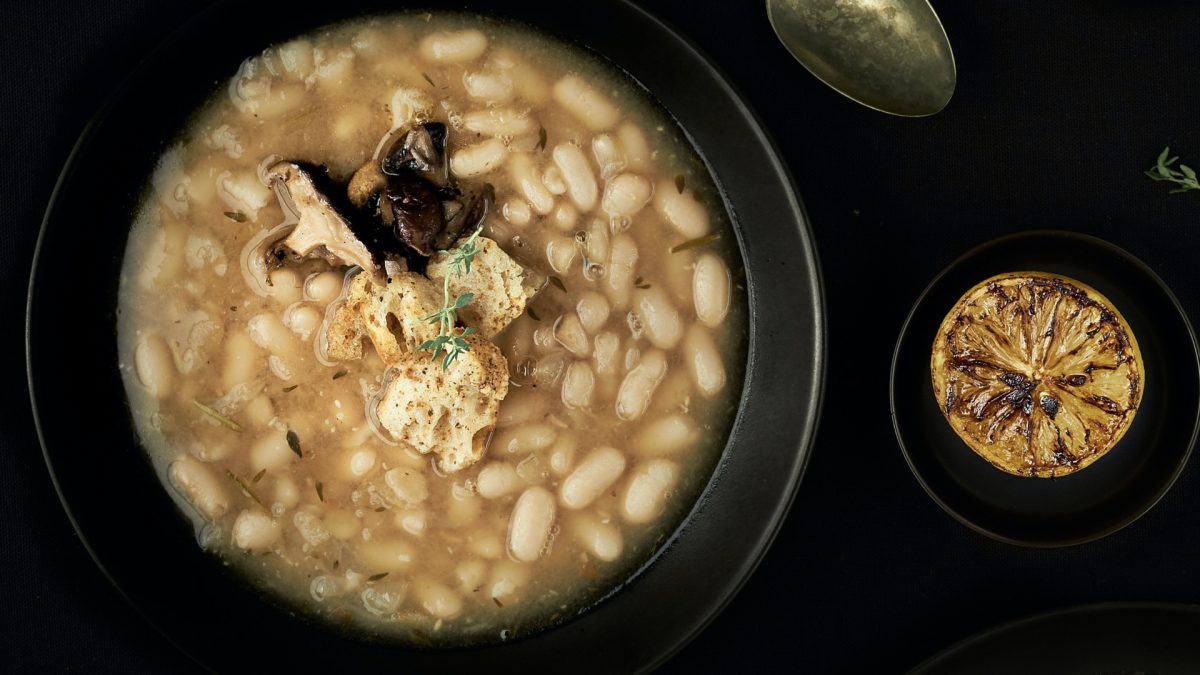everything I say is easy to find a source for on the internet - if you want to source my info, go ahead. However, a lack of evidence is an Argumentum Ad Ignorantiam logical fallacy. If you don't want to listen to me just because I don't post sources, that's your choice. However, I feel you should look into what I say to understand where I come from before me coming up with sources, as if you don't believe me right now, I don't see how anything I say will be believed. Regardless of believed or not, these are my opinions and the facts I've seen from what I know - and I'll continue to write what I feel, regardless of people's emotions - as other people's emotions are irrelevant to what is in me to say. That said, if I'm incorrect, feel free to correct me - I just hope you don't get angry at me just because you haven't verified something - my hope is that you'd use the energy to double check with your own sources

. Hope we can work this out, so you'll feel better.






